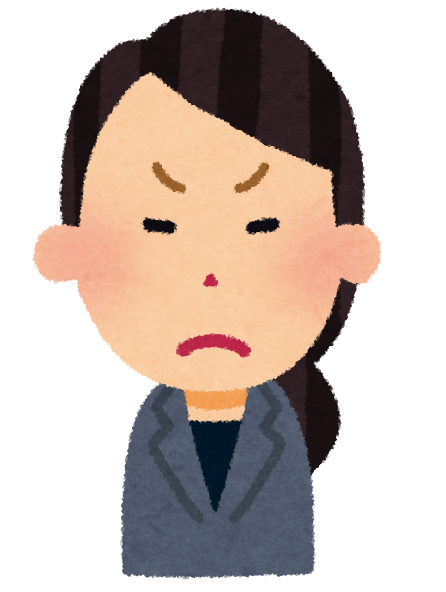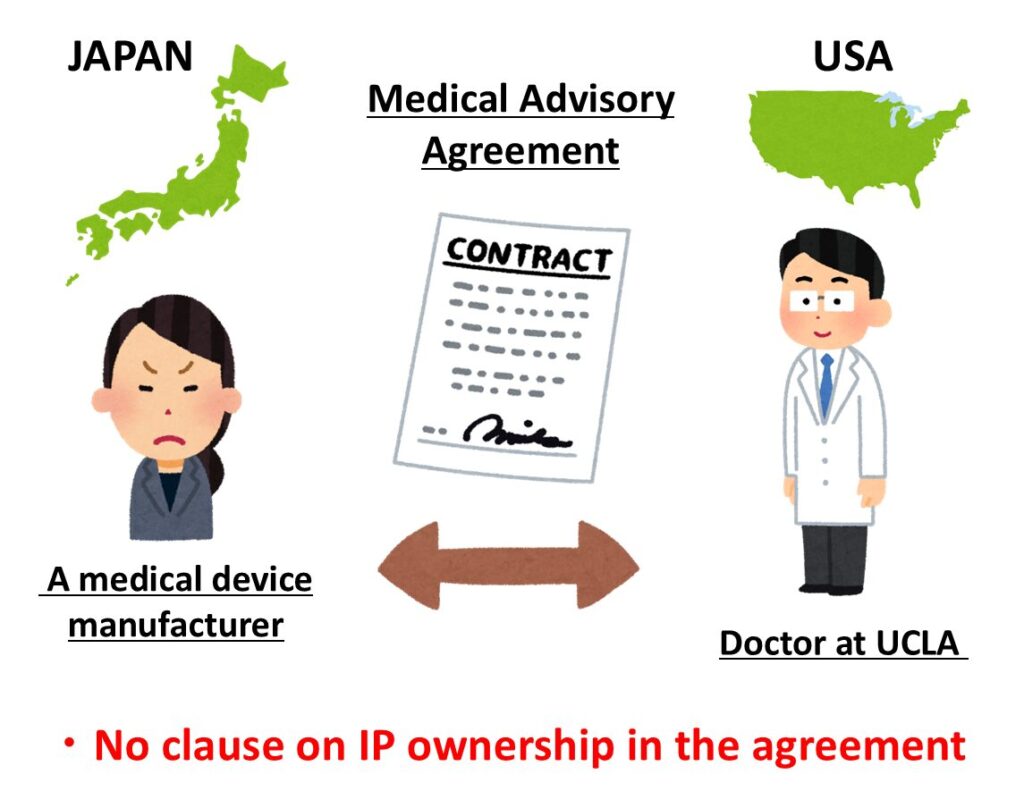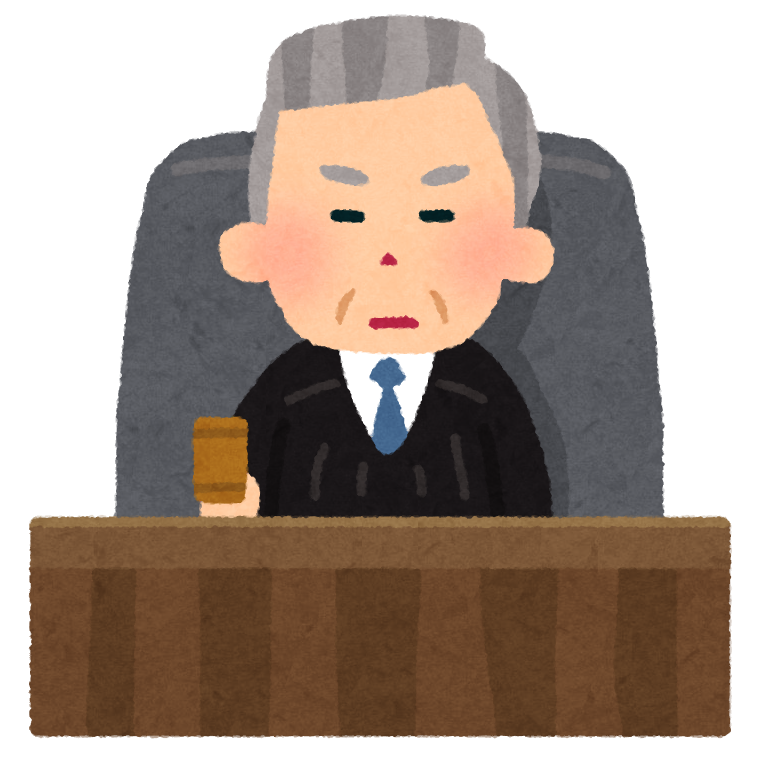Overview
This Japanese court case addressed whether a company could claim patent rights over an invention developed with input from an external advisor. The advisor contributed to the project, but he was not an employee, and the contract lacked clear IP provisions. The court ultimately recognized the advisor as the sole inventor and denied the company’s claim.
The case offers a cautionary example for companies engaged in joint development with outside contributors: assuming ownership without contractual clarity can lead to unexpected outcomes.
Parties

Appellant:
Company X (Plaintiff in the court of first instance), a Japanese corporation engaged in the research, development, and manufacture of endovascular medical devices.

Appellees:
Former executive Y1 and former employee Y2 of Company X, as well as Company Y3 (Defendant in the court of first instance).
For clarity and focus, further details regarding these parties are omitted in this post.

Non-Party Individual:
Doctor at the University of California, Los Angeles
Legal Issue
The key issue in this case was whether the invention had been made by the company’s former employees—or by an external advisor, a physician at UCLA.
While the advisor was not a party to the lawsuit, his role in the invention was central to the dispute.
He had contributed to a company project under a “Medical Advisory Agreement” that did not include any provisions on IP ownership.
The diagram below illustrates the relationship between the medical device manufacturer and its external advisor.

Court’s Ruling

The court found that the advisor had independently conceived the core idea of the invention. Although the advisor had signed an agreement with the company, it did not include any IP-related provisions. As a result, the company had no legal basis to claim patent rights. The outcome thus hinged on the contributor’s status and the content of the contract.
Practical Implications
The ruling underscores the importance of clearly defining IP ownership in agreements with advisors or external contributors.
In joint R&D projects, particularly those involving universities or overseas experts, advisors often make critical technical contributions. Without explicit contractual terms assigning ownership to the company, such contributors may later assert inventorship rights.
Beyond contract clauses like “inventions shall belong to the company,” companies should also maintain contemporaneous records of who contributed what during the development process.
Author’s Note
This case, though decided in Japan, involved an overseas physician, making it relevant to international collaborations. The company likely assumed control over the invention, but legal ownership depended on who actually invented it and what the contract said. Courts rely on facts—not assumptions about ownership—when contracts are unclear.
Case Information
- Court: Intellectual Property High Court of Japan, Division 4
- Case No.: 2024 (Ne) 10029
- Judgment Date: April 24, 2025
- Case Title: Appeal Concerning Confirmation of the Right to Obtain a Patent
- Japanese-language judgment text: Link to the full decision (PDF)
